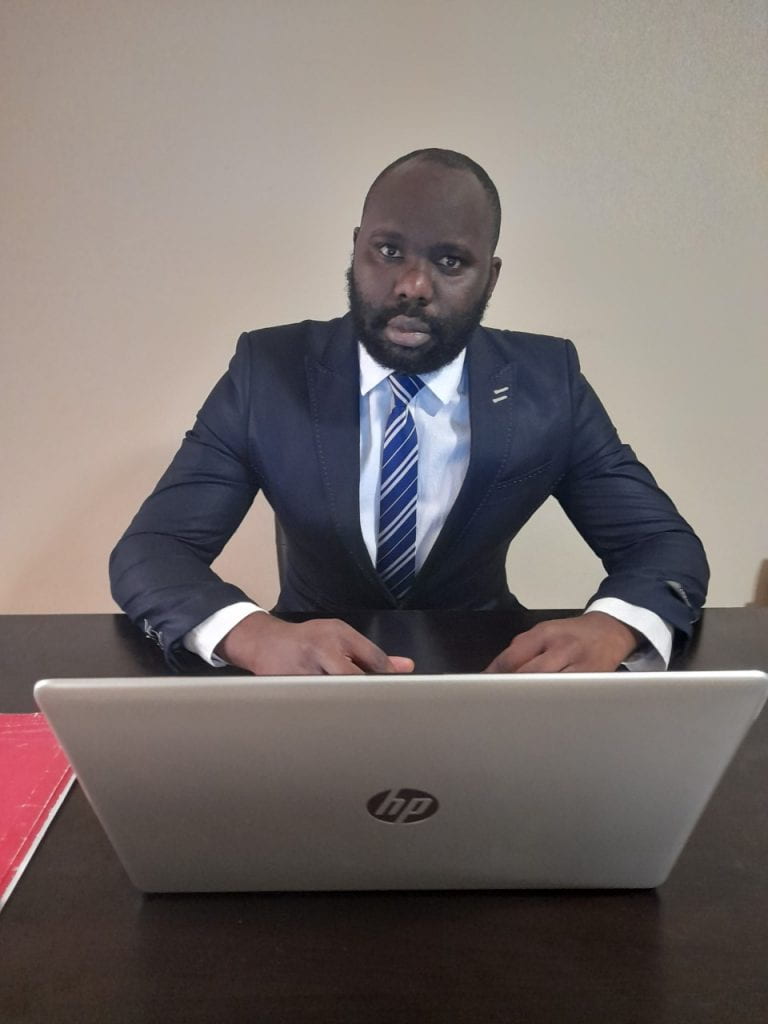One Health a useful framework for collaborative disease surveillance

Climate change is giving ticks better conditions to expand their range and spread harmful pathogens, like Lyme disease, to human and animal hosts. While most disease monitoring responsibilities are handed to public health experts, PhD candidate, Cyril Akwo, is working to lighten their load by creating a framework that will bring other experts into the conversation.
Akwo’s research promotes a collaborative approach to tick monitoring and surveillance, specifically by evaluating and applying the One Health approach – which is an interdisciplinary approach to health issues that recognizes that human, animal, and environmental health are interconnected.
“Seeing the impact of the [COVID-19] pandemic on everyone and everything,” says Akwo, “this really is the best time to champion this idea of collaborative surveillance for other infectious diseases.”
Currently, there is no framework for a collaborative, One Health approach to this issue, so it’s much harder to fully grasp and act on the complexity of the problem. Akwo wants health professionals and researchers from a range of disciplines to consider the numerous factors that
affect the spread and surveillance of ticks and tick-borne disease. He will publish this framework as a scientific article and share it with the Canadian Lyme Disease Research Network and government public health departments. He hopes it will be used to make recommendations on best practices for a collaborative approach.
One Health acts as a helpful starting point for this work. Ticks are an excellent example of a One Health problem; animals and humans can both be hosts for ticks and their pathogens and changes to environmental health directly impact where and how ticks can survive. One Health is also conceptualized with collaboration in mind as it recognizes that more than one person or discipline is required to solve complex health challenges. These principles will be incorporated into his final research outputs.
Not only is Akwo applying One Health in his research, but he is also regularly learning about it through his coursework in the Collaborative Specialization in One Health. He takes classes with other students enrolled in the specialization and hears about the variety and complexity of their work. Experiencing this sort of collaboration makes it easy for Akwo to advocate for it.
He also credits One Health for taking him in new directions. Akwo entered his PhD in Epidemiology with a rich educational background. He obtained a master’s degree in medical microbiology and parasitology from the University of Buea in Cameroon and completed Ryerson University’s Public Health and Safety program prior to doing clinical work across Ontario in 2019. He still sees himself working in the health policy field but acknowledges that his perspective has changed since learning about and applying One Health.
“One Health is giving me the chance to have a more holistic view of health intervention and management,” says Akwo, “I think I’m going to be more useful in teams going forward.”
Funding for Akwo’s work is generously funded by an Ontario Veterinary College Graduate Research Assistantship, CIHR Grant via the Canadian Lyme Disease Research Network, and an Ontario Graduate Scholarship.
Contact: cakwo@uoguelph.ca
Article by Anna McMenemy
Listen to PhD candidate Cyril Akwo discuss how he sees One Health as a movement and where he sees it headed:



